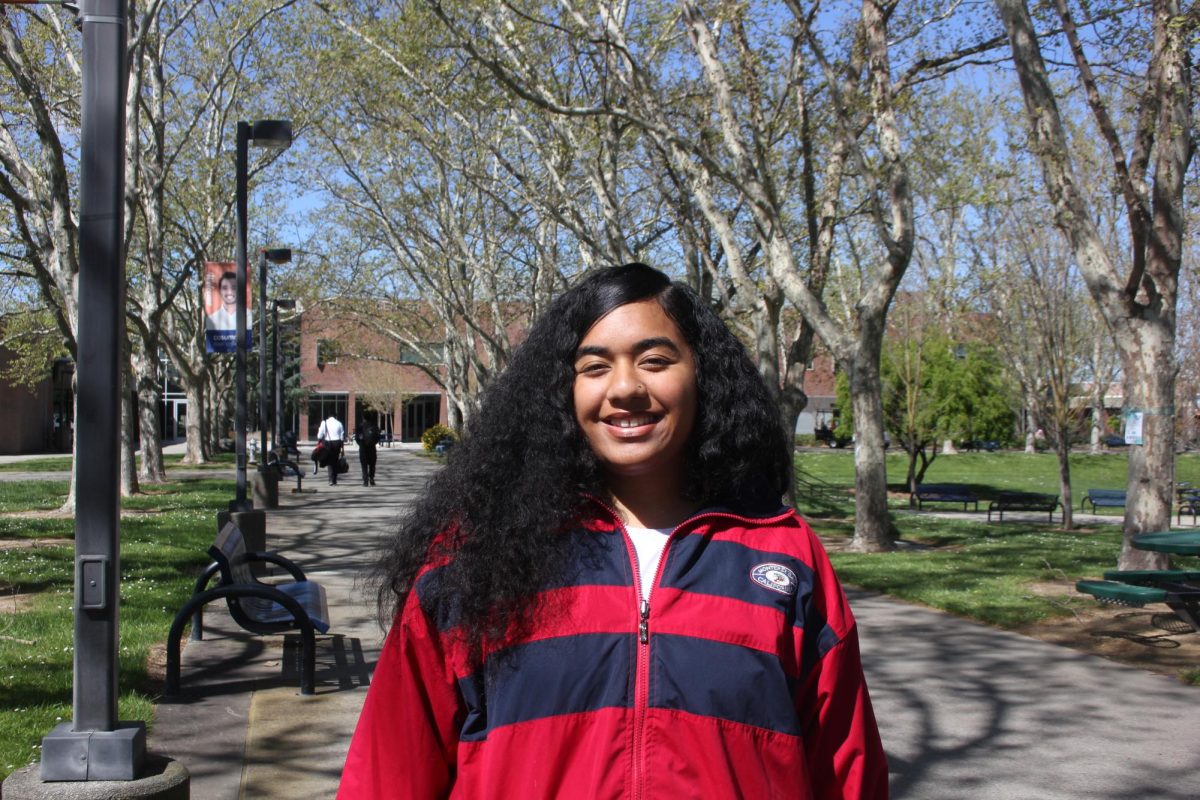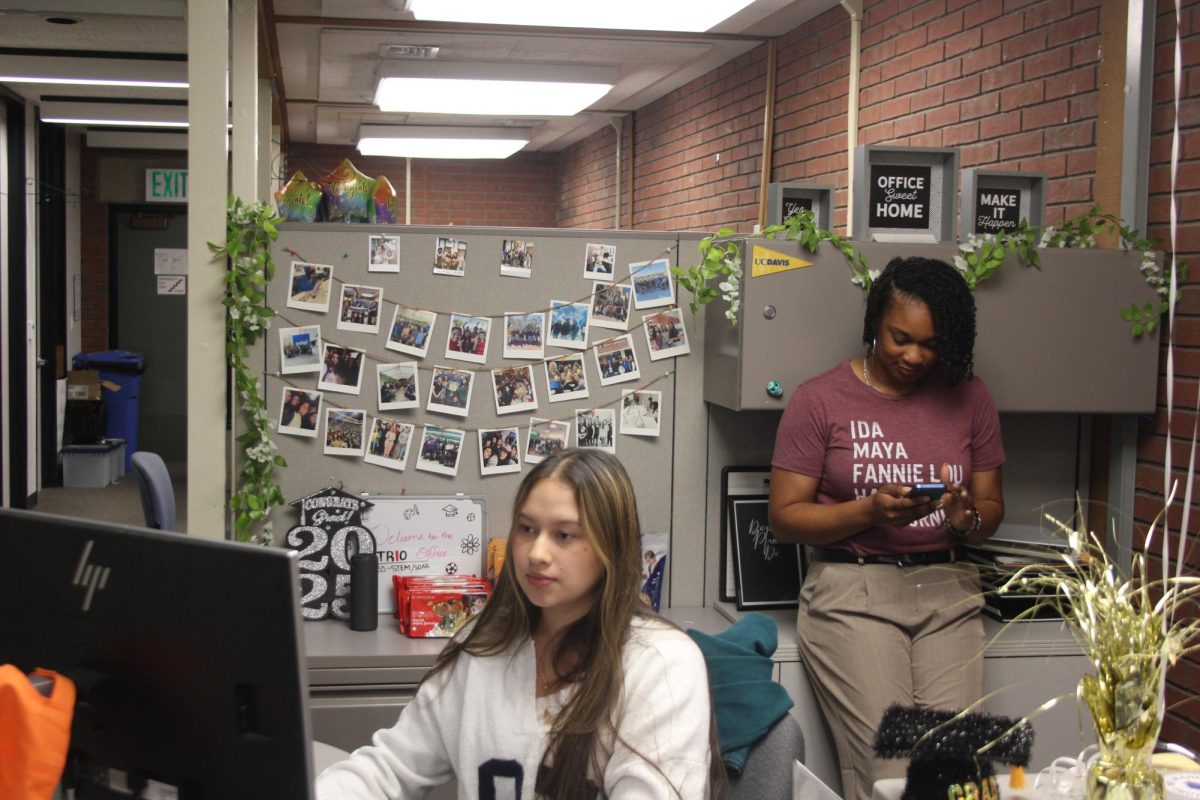Students have many ideas about how to save money
Students spending money and browsing in the campus book store.
October 24, 2014
Since 2009 the use of debit cards among students has increased while their use of credit cards has decreased, making young adults the heaviest users of debit cards, according to a report from the U.S. Census Bureau.
According to the same report, users of debit cards are reporting hefty overdraft fees being charged to their accounts.
The median charge is $34, often on transactions of $24 or less, and is especially hitting millennials and college students hard.
Much of the increase is attributed to the fact that 2009 legislation limited the amount of marketing of credit cards companies could do on campus and that many colleges and universities have lucrative deals with outside companies to provide the cards in exchange for payments to the schools, according to an article from the Today Show website.
According to the same article, sometimes the debit cards are the vehicle for financial aid refunds.
Money management is one way students can combat the possibility of overdraft fees, and Amy Leung, an economics professor at Cosumnes River College, said there are ways students can do that.
“Make managing your money fun and light instead of a chore,” Leung said. “Try an experiment. Categorize your expenses and your income for one month. Make the categories broad. For example, you may include four expenditure categories: school expenses, gas, entertainment and food.”
Leung said that one of the ways for students to manage money is to look on websites that offer free tools to manage their budget, among other ways such as keeping track of your money with a notebook or spreadsheet.
Brian Wade, a 35-year-old sociology major, said that he hasn’t seen students spend money recklessly, but if a student is spending too much, then the person needs a financial counselor to help them on how to spend more wisely.
Wade also said that students should mostly spend money on books and papers rather than on things they don’t need.
“If you’re spending money on something that is not needed, like movies, that’s not pertaining to your college education, you’re going to find yourself being stuck not having the supplies you’ll need to be successful in college,” Wade said.
Karl Perez, a 17-year-old psychology major, said that it is simple to spend money wisely and for one not to spend it, because someone might need it for tuition, buying a car or maybe affording a house.
“Don’t just spend your money a lot,” Perez said. “I would suggest just spend when you need to. Don’t spend when you don’t need to. I say that with the money you have left over, just keep that in your wallet or put it in your bank account.”
Perez said that he is responsible with his money and he feels he has to be.
“The money that I have right now, I don’t use it,” Perez said. “I just keep it, I don’t even bother touching it. Maybe later on, what if I need to get maybe a textbook for the next semester? I just keep it there, leave it alone and don’t touch it.”
Jaz Thomas, a 19-year-old English major, said that the best way to manage money is to have a bank account, keep track of your money and save receipts.
“If you see a deal somewhere, don’t buy it at the store you are at,” Thomas said. “I feel I’m pretty responsible with my money. It’s just usually gone by the time I get it, just to bills, the like, but the little extra that I have, I’m pretty good about managing it, with groceries and savings.”
Zac Aguila, a 19-year-old automotive technology major, said that there are ways to manage money by putting it into your account.
“If you’re asking people how to manage their money, tell them not to spend it all in one day,” Aguila said. “Just spend a little bit of it and then just save it, or just put it in your bank account, and then when you have enough money, then just buy something big.”






